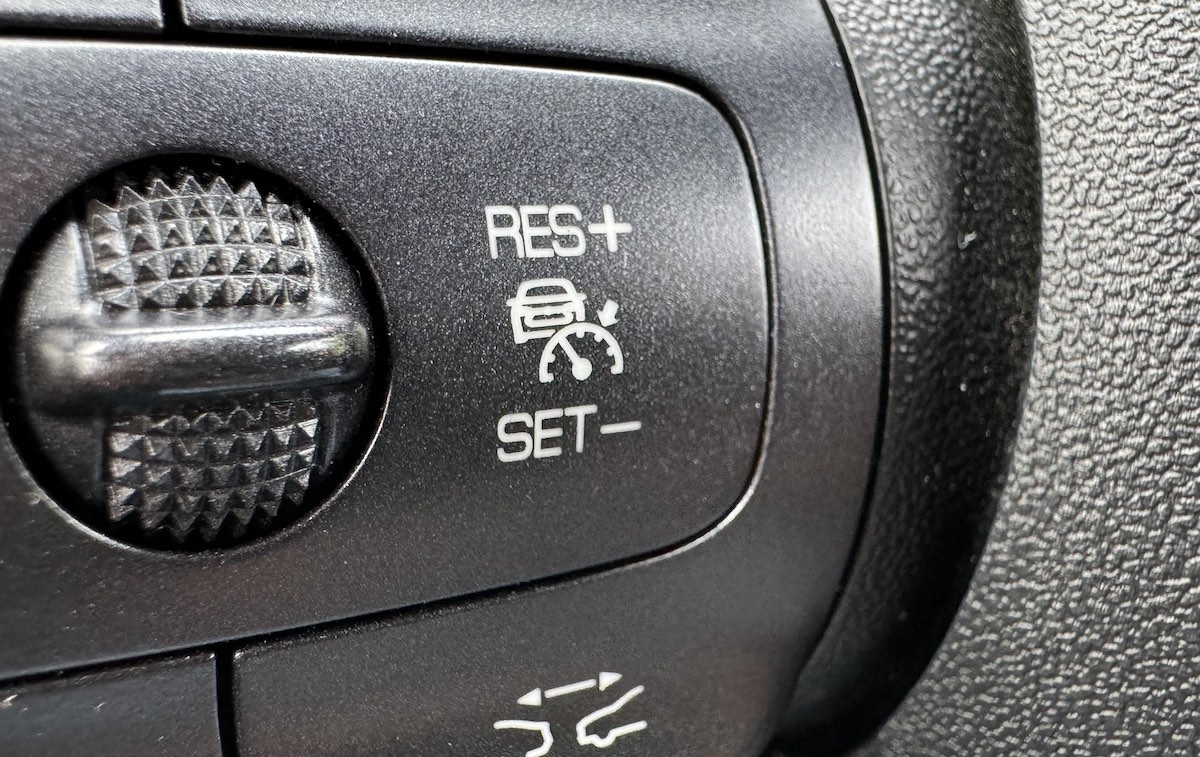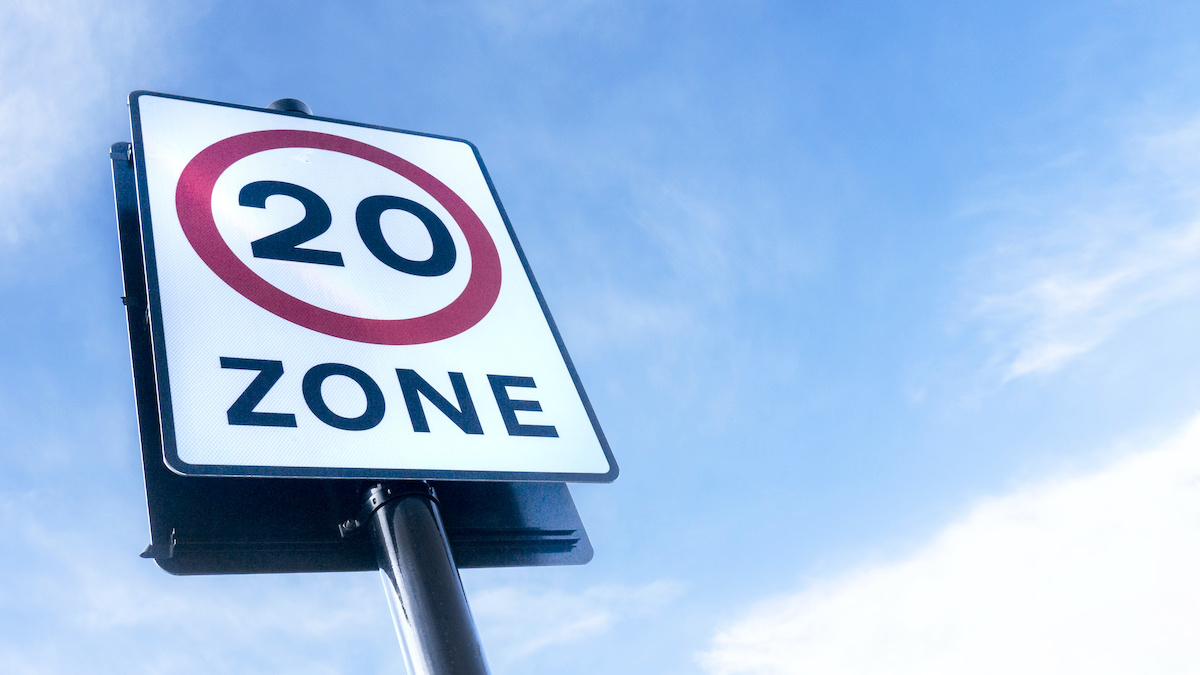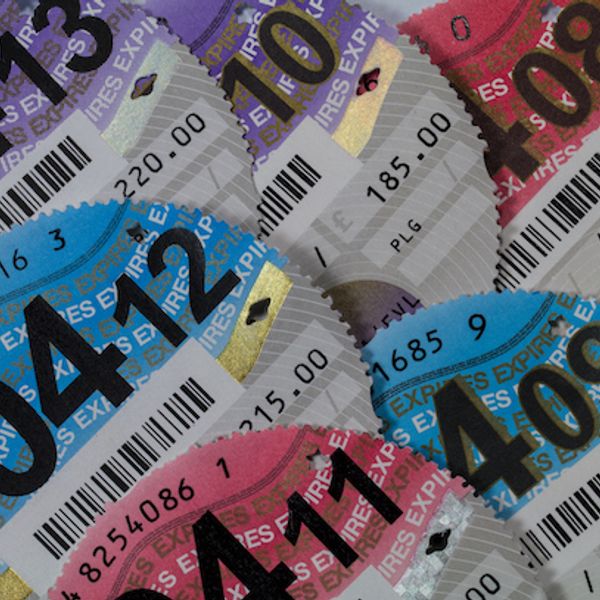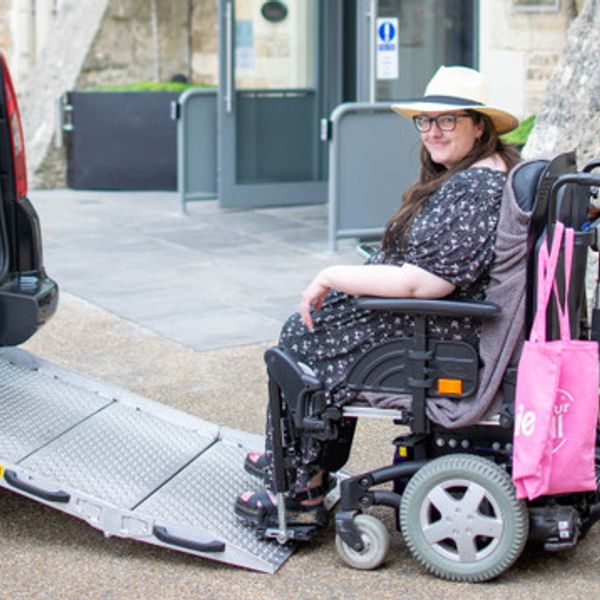Buying a new car? It’s almost certain to have a controversial new gadget fitted called intelligent speed assistance fitted, and you might not like it. This is everything you need to know before you head out on the road.
Q: What is intelligent speed assist?
Intelligent speed assist, or ISA, is technology which uses cameras and GPS data to check the speed limit on the road and then ‘encourage’ the driver to observe the limit with a series of warnings and interventions.
Car makers can choose different methods to warn the driver. This can be a sound warning – usually a bong, beep or chime – or a vibration through the steering wheel, seat or accelerator pedal. This is called ‘Informative’ or “Advisory” ISA.
The most surprising are the versions of ISA which intervene, with the car stopping you from exceeding the posted speed limit. The milder ‘supportive’ type pushes back on the accelerator pedal. Then there is the ‘intervening’ ISA which will cut the engine power.
All will be accompanied by a visual warning too, which could be a flashing light or the displayed speed figure turning red, for example.

Q: Can I override or turn off ISA?
Yes, there will be a way of turning off ISA completely but you will have to do it at the beginning of each journey as the system has to reset as part of the law.
It is usually accessed in the car’s menus and it can’t be disabled with a single button press.
If you want to override the system while you are driving – maybe because it has mis-read a sign or used old GPS data – you can press the accelerator harder.

Q: Will intelligent speed assist be fitted to my new car?
It’s almost certain to be. It is has been a legal requirement all all newly-launched cars since July 2022 and now has to be fitted to all new vehicles sold in Europe. That includes Northern Ireland but doesn’t actually mean it’s essential in Great Britain yet, as Brexit means we are not subject to EU law. However it is expected to be adopted here and most car makers are fitting it anyway as it helps boost their Euro NCAP crash test scores.
Q: Why has the law been introduced?
As you’d expect, it’s down to safety. According to the European Commission, excess speed contributes to around 30% of fatal crashes and 40% to 60% of all drivers exceed the limit. It says results from studies show that reducing average speeds by just 1km/h – that’s less than 1mph - can result in a 5% reduction in fatal crashes.
A study in the Netherlands showed that ISA could reduce the number of hospital admissions by 15% and the number of deaths by 21%.
Other ISA benefits are fuel savings, lower emissions and the potential to reduce journey time by managing traffic flows.
Q: Will I get used to it?
Probably. The various organisations say drivers quickly get used to the system and even grow to like it, especially as they get fewer tickets. Together with the car makers they are also gathering anonymised data to see if it changes the way we drive and how we interact with the systems. This will help them shape future laws and technology.












